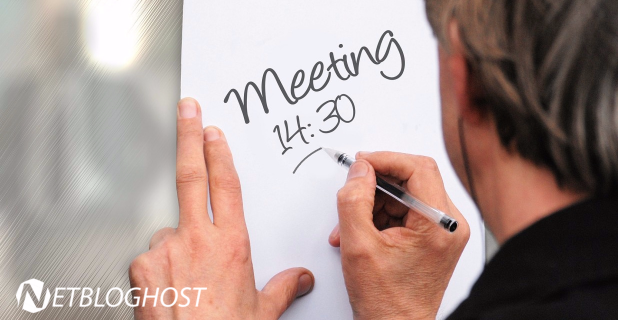In the 1990s I was invited to give some guest lectures at a divinity school at a major university. My schedule for the three days I spent there was a busy one, but at one point the person managing my schedule asked if I would be willing to add one more meeting to my agenda. A group of African American students wanted some private time with me.
I gladly agreed, and was happy afterward that I had been given the opportunity. A talented group of young scholars, they had many questions relating to evangelical life and thought. They testified to the fact that while they were much more conservative theologically than most of the faculty and students at that school, they were managing quite well by meeting together regularly to encourage each other in their strong, biblically grounded faith.
But, they said, there was one big problem: the subject of same-sex relations. The school made much of being “inclusive” regarding sexual orientation, and these students felt that there was no room for them to raise biblical and theological questions about matters that were taken for granted by the rest of the community. A few of them had tried in class discussions, and they had been given the clear message that their questions were out of bounds.
We discussed the issues at length and prayed together. They made it clear that they weren’t asking me to “fix” anything—they were simply happy to have me meet them in a safe place where they could process their concerns.
The next day, shortly before I left the campus to fly home, I met with the dean. He was interested in how my time at the school had gone. One thing he asked me was about the meeting with the African American students, obviously a bit puzzled about why they had requested some private time with me. I gave him a positive account of the overall conversation, but I then added a brief word about their discomfort over the prominence of sexuality views with which they disagreed. At that point he simply snorted: “They just need to get over it! That’s the dues you have to pay to get into our program!”
I thought of that comment recently when reading about the controversy surrounding President Obama’s invitation to Louis Giglio, an evangelical pastor, to offer the benediction at the Inauguration. Giglio accepted, but then was pressured to withdraw because some people made it known that he had once preached a sermon setting forth the traditional Christian interpretation of what the Bible teaches about same-sex intimacy. No one has charged Giglio with any vicious anti-gay rhetoric. His problem is that he simply developed some biblically based teaching on the subject.
Ed Stetzer put the right question poignantly in a blog post: “Are evangelicals no longer welcome in the public square?” At the very least, it now looks like when it comes to nationally prominent events, the dues required for participation are being drastically increased. And there is no question that eventually many Catholics, Muslims, Mormons, some Jews, and a substantial number of folks in mainline Protestantism will also be required to pay the dues.
One evangelical leader who was a part of a group that met with President Obama after the president publicly endorsed same-sex marriages told me that in private conversations, Mr. Obama understands our concerns and promised to work to protect our communal rights after the election was over. Well, the election is over and we are off to a very bad start.
































